Objects

bjects can serve as reminders of thoughts and feelings for or of others, and places.. Objects received from others hold significance for the owner. Happy, pleasant memories are always welcomed. When they are displayed in plain sight of the receiver, the pleasure they give is the only importance they need to be visible.

I
have two roses. One is glass with a small battery in its base. A red
light pulses up the stem into the bud when it is turned on. The same
person gave me another rose recently from his trip to Mardi Gras. This rose was exceptional: the petals were made from red feathers. Both will be placed on my altar when I create it. It was nice to be thought of.

Objects could be far and wide such as:
Or the knowledge can be reflected in how color affects us. For example, if you painted an interior with aqua, what effect would that have on you? Providing colors around your altar will impact what you do.

These are personal choices, selected by the altar creator. The altar should not become a display of several items. Only those that are of special significance should be included and located to allow all items to be viewed without difficulty.

Paint on surfaces; fabrics; a linen napkin or two; a silk scarf or three, add to a living altar. If the surface paint is not permanent or neutral, any of the suggestions could be instantly replaced creating the environment that you want.
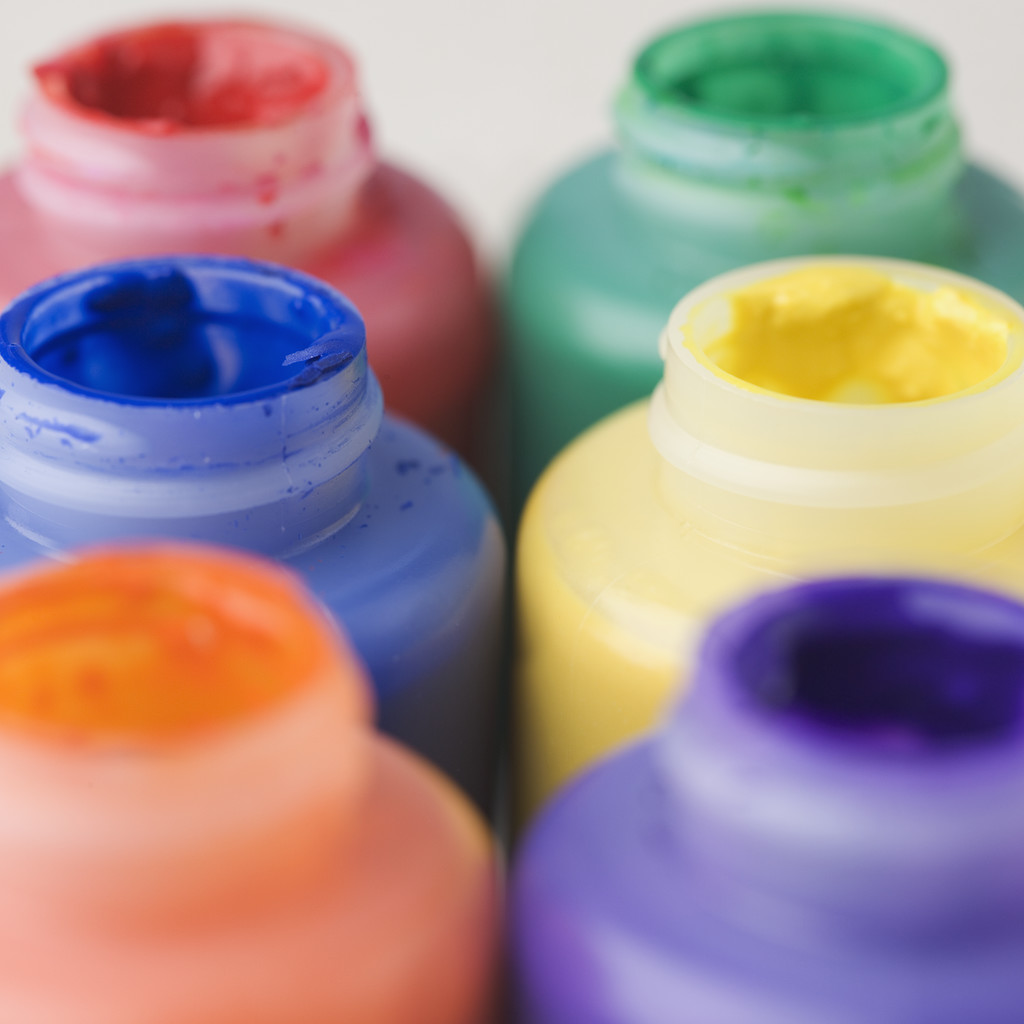
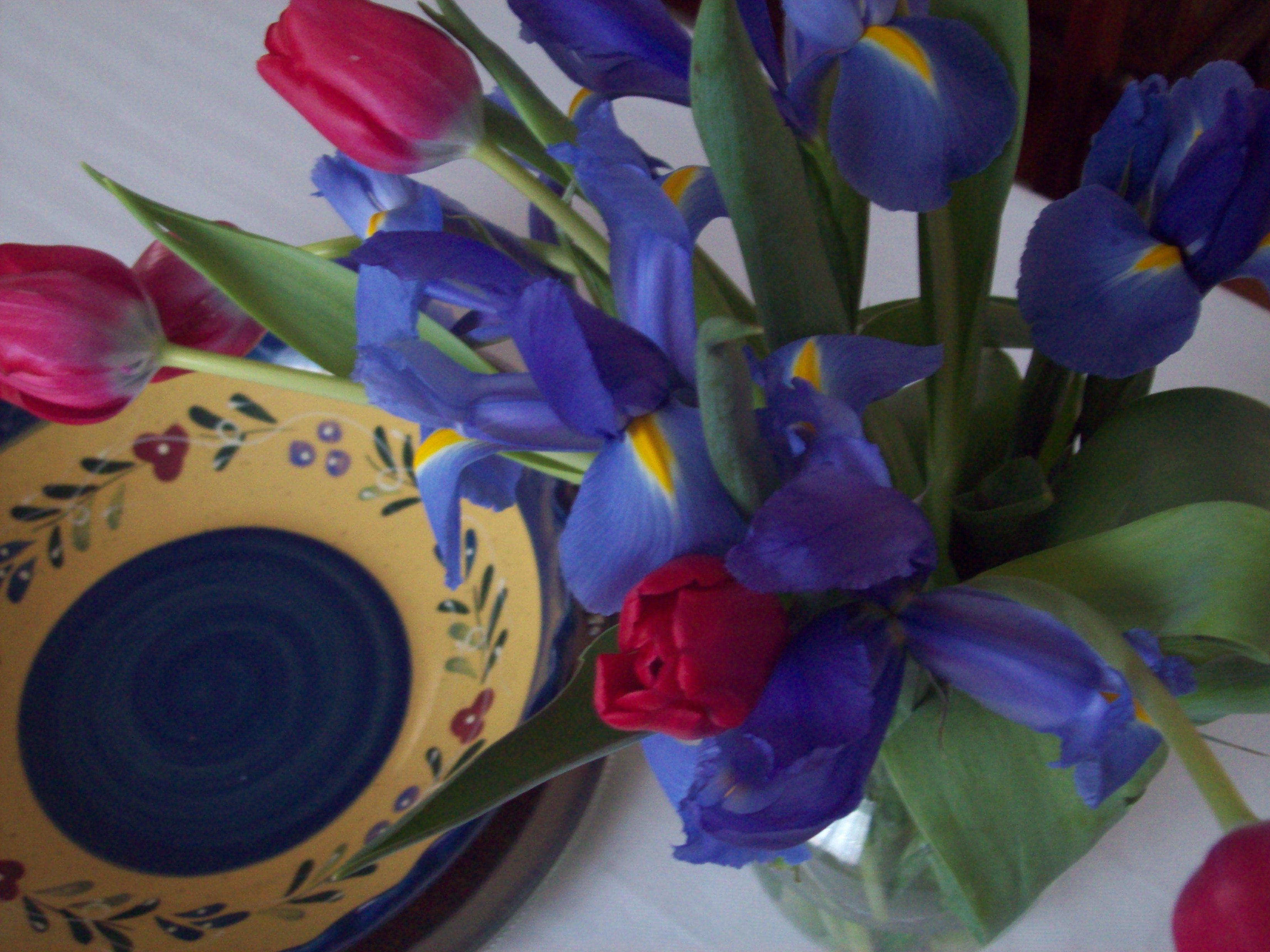
Color can be selected in other ways such as:
1. Flowers
2. Mirrors
3. Numbers
4. Objects, and
5. Words.
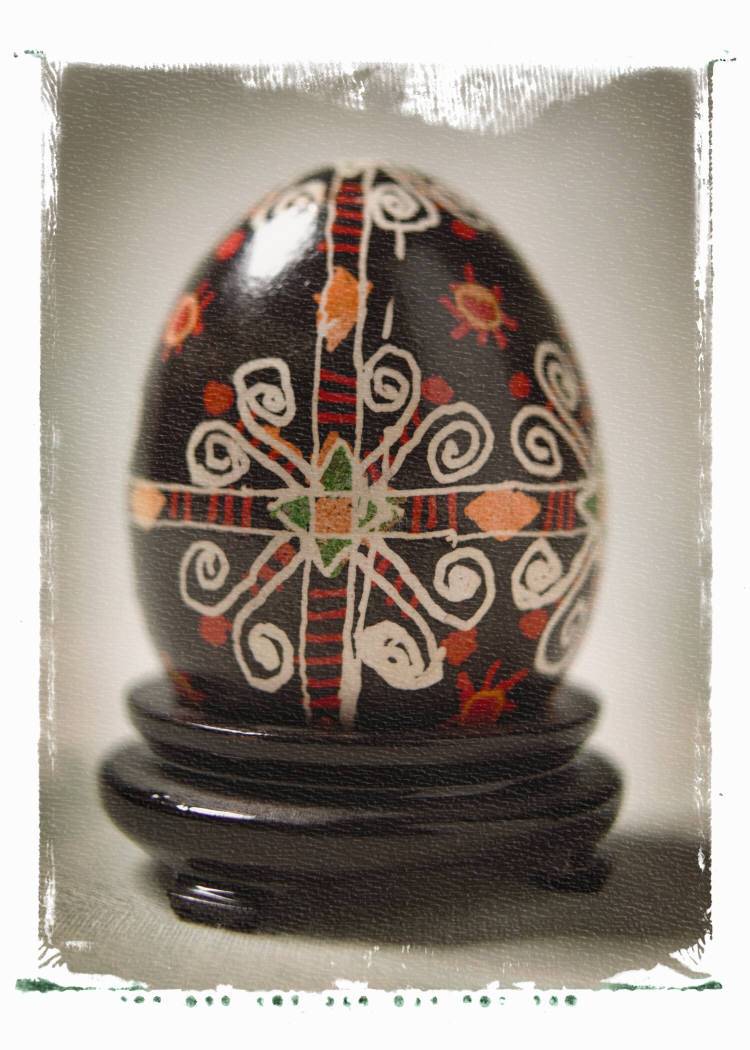
Curiosities
"Curiosities" from "The Hidden Side of Things" by CW Leadbeater
Many people like to surround themselves with all sorts of curious little objects-- figures, pieces of pottery, carvings in ivory and ebony and so on. Most of these things are harmless enough, though it means a great deal of trouble to keep them scrupulously clean, and unless they are so kept, they become a nuisance of an aggravated type. But with regard to some of these little mementos a certain amount of caution is desirable. Many of such things are old, and some of them have a history attached to them-- sometimes a terrible history. It is widely known, for example, that a lady in London had in her house for some time an Egyptian mummy-case, the influences connected with which were of so serious a character that she was speedily forced to get rid of it altogether, because of a series of disasters which overtook all who came into contact with it. That is an extreme case, but other kinds of curiosities also have undesirable or mischievous auras.
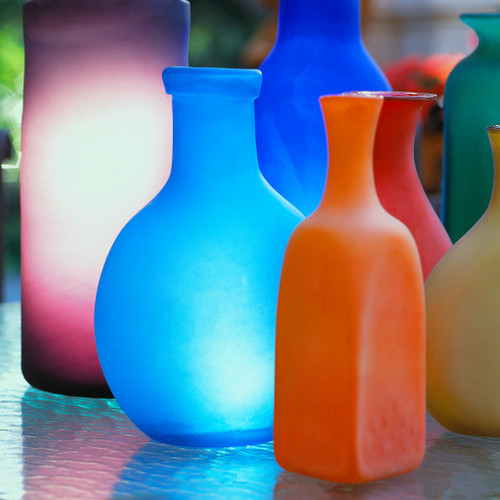
Many such objects tell their own story, though the owner is often unaware of it. A sensitive person sometimes finds landscapes which are entirely unknown to him or scenes from some foreign land starting up unbidden in his mind. These may come from various sources. They may be mere pictures formed by the imagination, his own or that of some other person in the neighbourhood, either dead or living; they may be examples of casual clairvoyance at a distance; but they may be, and often are, instances of unintentional psychometry, and can be traced to some object in the room.


Books

To a discerning eye a man shows his nature in his choice of books-- a choice which is of great importance to him. A man reads a book; he lays it aside and perhaps forgets it; but nevertheless it lies there on his table or his book-shelf and it continues to pour upon him a steady influence, whether for good or for evil. Many books, it is true, have no pronounced influence, and may therefore be considered as neutral. But if a book has done us good, its influence will usually continue to be for good, unless indeed it happens that we outgrow it altogether, and in that case its influence might possibly be a kind of retardation.

A wonderful Facebook post
The main thing is to avoid definitely evil books-- horrible, neurotic studies of characters which are better left unstudied, tales of unnatural and most unpleasant women who are always hovering as near as they dare to the edge of impropriety of some sort, stories of doubtful morality, of shady transactions, or of blank inanity. All these are things for which a sensible man will spare no room on his book-shelves, because they are not worth reading in the first place, and they certainly radiate an impure and unwholesome influence in the second. The great criterion in the formation of a library is that only sane and healthy books should be admitted, for books are specially strong centres of thought-forms, and their unnoticed influence in a man' s life is often a powerful one. They should be not too many, but emphatically good of their kind.
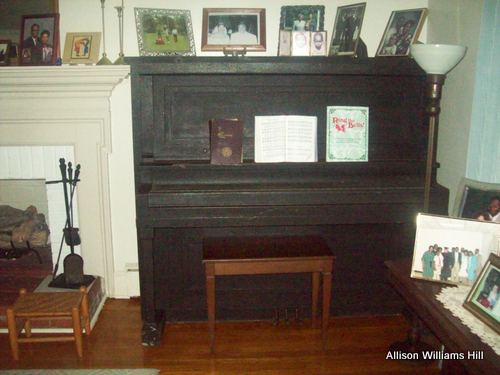
Furnishings
There is a hidden side to even so homely a question as that of furniture and colour decoration, since every colour has its own special rate of vibration, and some of these rates are helpful to man, while others are distinctly a hindrance. Broadly speaking, light and delicate tints are good, while heavy, coarse and dark colours are usually to be avoided. Some consideration should also be given to the purpose for which the room is intended; for example, certain shades of red might be not out of place in a dining-room, but would be far from desirable in a room consecrated to sleep or to meditation.
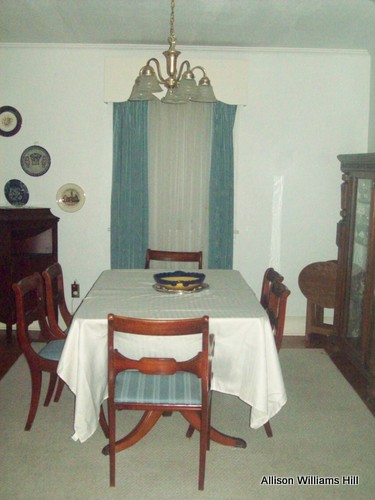
Links
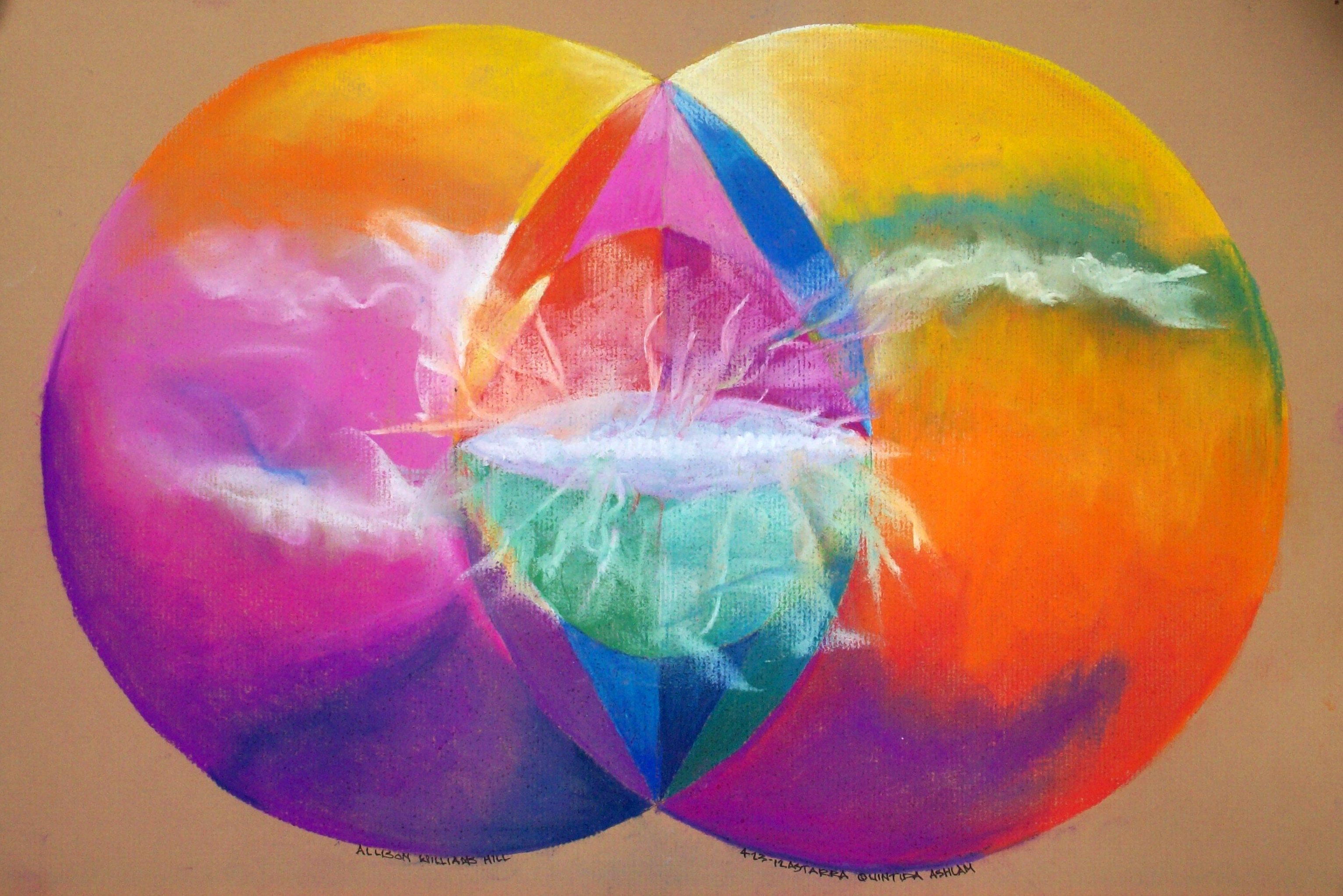
The above meditation mandala will be available soon.

















